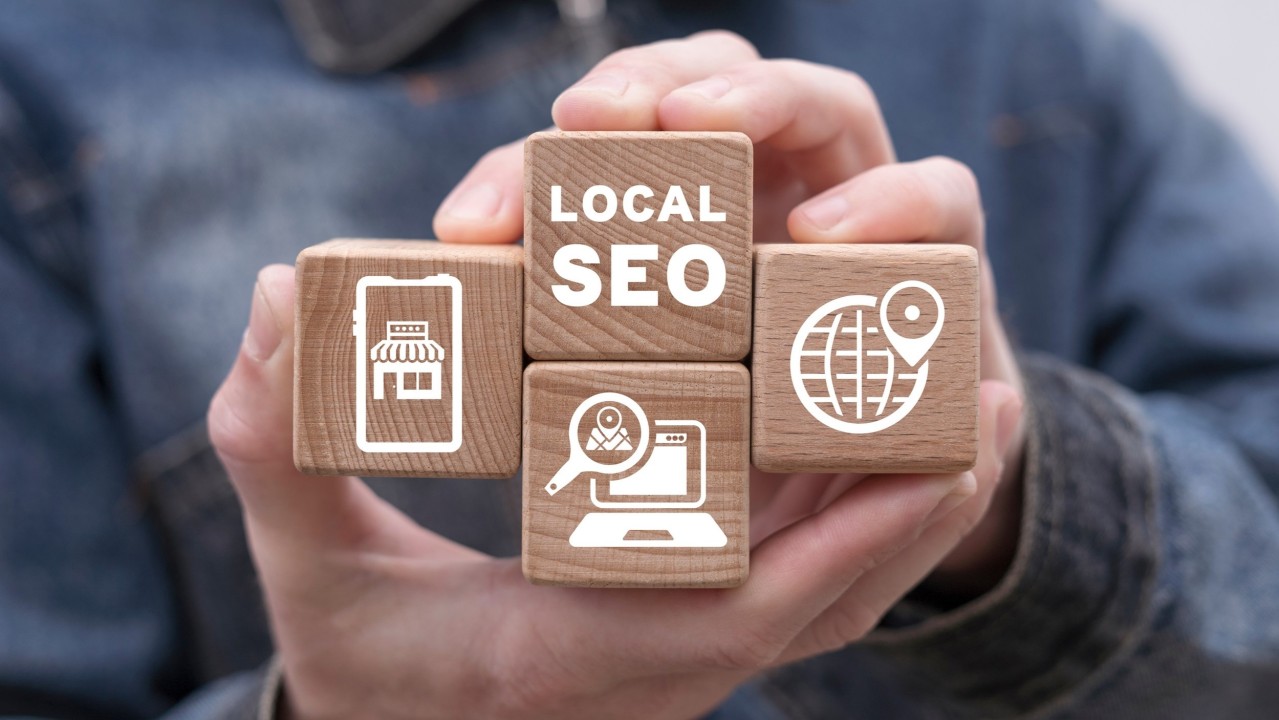News
Steps Your Business Should Take Before Starting A PPC Campaign
PPC or Pay-per-click is a type of online marketing aimed as increasing traffic to your website. In a similar way to search engine optimisation (SEO), PPC campaigns depend on search engines to direct consumers to your website. However, PPC as the name suggests is a paid for model, usually in the form of advertisements which appear at the top of search results. You only pay a fee if your advert is clicked on, and people visit your website.
An important consideration when setting up a PPC campaign is the expected Return on investment (ROI). As in all business, you have to balance the money spent on a campaign against the expected return, which is why PPC campaigns are best suited to business that sell products or services online.
There are huge advantages to PPC, such as:
- You can easily interact with your target audience
- Direct approach
- Increased Brand presence
- Ability to monitor click-through rate easily
- You can closely manage your budget
With all these benefits, I’m sure you’re keen to get started with a PPC campaign, but there are a few important things to consider first.
First of all, what is your goal when it comes to PPC? Do you want to build brand awareness, increase sales or make your page more visible in search results? All are good reasons to start a PPC campaign, but without first identifying a goal, you will be unable to measure outcome, and ultimately judge whether your campaign is a success.
Whatever the aim of your PPC campaign, it is imperative that when someone clicks on your advert, it takes them where they want to be. You can ensure this by making sure your website is complete and well-designed, with easily navigable pages being much more likely to lead to conversion – whether that be sales, increasing brand awareness or merely increasing traffic. An easy way to do this is to begin with thorough keyword research.
PPC is built entirely around keyword research, but unlike SEO, this keyword research should be continuous and constantly changing. This ensures that you don’t miss out on long tail phrases and keywords which are more specific but less common and are actually more likely to lead to conversion.
A simple way to research keywords is to put yourself in the shoes of your customers and do a few searches yourself. If a large number of companies repeatedly show up, then you have a lot of competition, and prices for these keywords will be higher. Try and aim for more specific, and more importantly cheaper keywords, but make sure they are still relevant to the product or service you are offering. Relevancy of keywords is also important for your business, after all you don’t want to be paying for uninterested traffic to your page.
Be careful though, PPC is not for everyone! It can be quite easy to overspend when it comes to a PPC campaign, particularly if the project is not properly managed and updated on a regular basis. This can prove to be quite time-consuming, and many companies benefit from employing a person or agency such as ours to specifically manage their PPC campaign.
Most importantly, PPC requires a greater commitment than SEO, and is by no means a one-time event. After launching, a PPC campaign should be tested, monitored and updated on a regular basis, to ensure an adequate ROI and effective PPC campaign.





The Ultimate Social Media Guide
With the ever-growing power of social media, we use the latest techniques, video, and animation software to craft eye-catching social media assets that make your brand pop. Our designers, wielding Adobe Creative tools, create distinctive animations and graphics to illuminate your brand story and highlight your products or services. Want a unique design? No problem – we also offer bespoke designs to match your brand aesthetic.